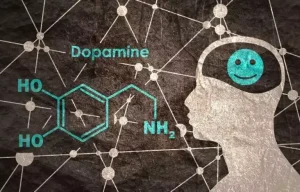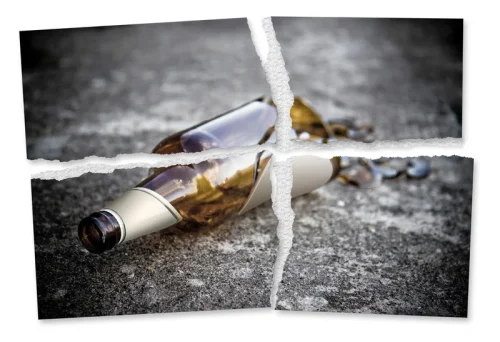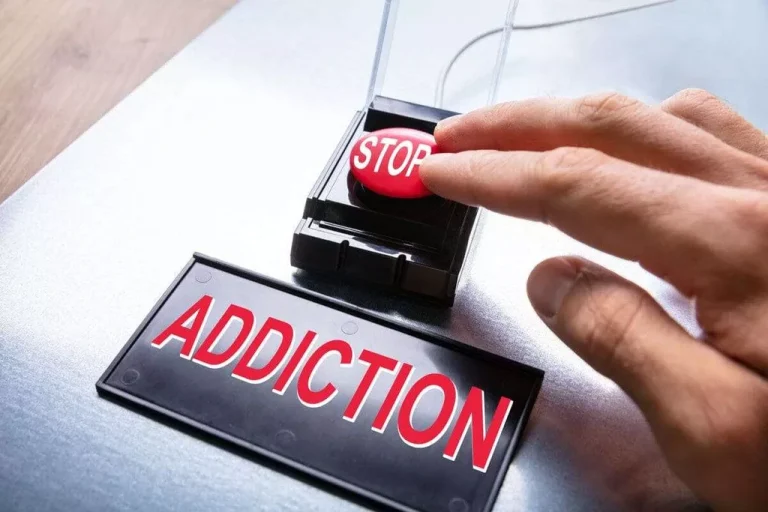
In reality, many different traumatic situations and life experiences can cause it. Any traumatic event can cause PTSD, whether there is a threat to the physical, emotional, or social safety of yourself or someone else. Dual diagnosis conditions such as addiction to alcohol and PTSD should be treated together for the greatest chance of recovery from both. If you or a loved ptsd and alcohol abuse one needs help with alcoholism, contact a treatment provider today to discuss available treatment options. People seeking co-occurring PTSD and alcoholism treatment need to work with treatment professionals experienced in PTSD and alcohol treatment. The Recovery Village is experienced in treating alcohol and other substance use and co-occurring disorders like PTSD.
What’s the connection between CPSTD and addiction?
The first study by Stein and colleagues (2017) reports on alcohol misuse and AUD prior to enlistment in the Army, and highlights the strong association between prior AUD and subsequent development of PTSD among newly enlisted soldiers. The second study is a laboratory study (Ralevski et al., 2016) among military veterans with AUD and PTSD. It is among the first studies to examine the effects of trauma cues and stress (non-trauma) cues on alcohol https://ecosoberhouse.com/ craving, mood, physiological and neuroendocrine responses, and demonstrates the powerful effects of trauma cues on alcohol craving and consumption. Together, the six papers included in this virtual issue raise important considerations for future research and may help to inform best practices in the treatment of comorbid AUD and PTSD. The consistent association between PTSD and AUD has led to debate about which condition develops first.
- Lee and colleagues investigate childhood stress as a predictor for PTSD and AUD in Early Life Stress as a Predictor of Co-Occurring Alcohol Use Disorder and Post-Traumatic Stress Disorder.
- The variation in estimates observed across the aforementioned studies is likely attributable to differences in the types of clinics sampled, variant patient populations and measurement techniques employed.
- Effective treatment for PTSD focuses on going back to the original trauma and reliving and processing it in a safe environment.
- Research also documents high rates of comorbid PTSD/SUD among Veterans (Centers for Disease Control and Prevention, 1988; Shipherd, Stafford, & Tanner, 2005).
Understanding the Link Between Trauma and Substance Abuse
Findings for medications that were hypothesized to treat both disorders were also contradictory. Following trauma or series of traumatic events, social support, and immediate intervention can reduce the likelihood and severity that an individual will develop trauma symptoms. These interventions also reduce the risk for substance use issues, supporting the theory that substance use is a form of coping with trauma symptoms. In the next section, two studies focus on the prevalence and correlates of AUD and PTSD in racial and ethnic minority communities. Werner and colleagues (2016) report on the increased rates of trauma exposure and PTSD among African American (AA) women as compared to European American (EA) women, and examine differences in the relationship between PTSD and AUD among AA and EA women.

Military culture
Also needed is examination of how adding PTSD-focused treatment to AUD treatment will be feasible in terms of treatment costs, training requirements, and staff workload. Studies examining outcomes of integrated treatments among people with comorbid AUD and PTSD, when compared with people who have PTSD and substance use disorder involving multiple substances, is necessary to identify and target specific alcohol-related treatment needs. Finally, given the heterogeneous nature of AUD120 and the complex etiology, course, and treatment of both AUD and PTSD, studies that examine commonalities underlying effective behavioral treatments are essential. Participants are encouraged to obtain a sponsor who will serve as a source of practical advice and support during recovery. Recommended psychotherapies include prolonged exposure therapy, cognitive processing therapy, and eye movement desensitization and reprocessing.
- SS was compared to relapse prevention in a community sample of 107 women with SUDs and either PTSD or sub-threshold PTSD (Hien et al., 2004).
- Motivational enhancement therapy also shows promise as a way to increase treatment initiation among veterans and military personnel who are reluctant to enter treatment or address their substance misuse during treatment for PTSD, particularly if they perceive that substance use eases their PTSD symptoms.
- Since its inception, the intervention has been modified to address all substances of abuse and currently consists of 12 individual, 90-minute sessions that include a substance abuse and PTSD component (Back et al., 2012; Killeen, Back, & Brady, 2011).
- One of the studies reviewed was based on sub-group secondary analyses that were not the study’s original focus (Petrakis et al. 2006) and another was a 4-week inpatient study in which PTSD symptoms, but not alcohol consumption, were evaluated (Kwako et al. 2015).
- This, in turn, can lead to increased risky behaviors, like violent physical outbursts or drunk driving.
- At The Ranch, we know that you will face setbacks along with your achievements.
- This post covers the range of problematic alcohol use from pre-addiction to AUD.

Co-Occurring Disorders

- It’s a good practice to keep this list at the back of a notebook, allowing you to add to it over time.
- Studies show that the relationship between PTSD and alcohol use problems can start with either issue.
- Women with PTSD are 2.5 times more likely than other women to overdrink or develop an alcohol addiction.
- The most notable area of progress is the development of trauma-informed, manual-guided, integrated, cognitive behavioral treatments that concurrently address symptoms of both conditions.
- Nora Volkow, director of the National Institute on Drug Abuse (NIDA), calls for alcohol problems to be identified whenever possible in the pre-addiction phase.
- If you have PTSD, plus you have, or have had, a problem with alcohol, try to find a therapist who has experience treating both issues.

